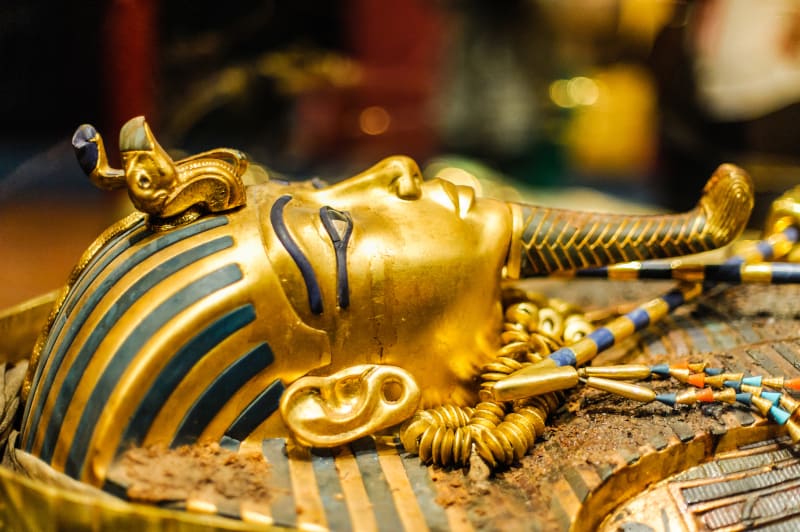
Dear Friends,
The climax of the exodus culminated with the final blow to the Egyptians with Makkat Bechorot, G-d ‘pass(ed)over’ the houses of the Jews, slaying the firstborns of the Egyptians. At midnight, when the miracle took place, the pasuk states (Shemot 12:30) ויקם פרעה לילה – Pharaoh rose up at night. Rashi comments, “ויקם פרעה-ממטתו” Pharaoh rose up – from his bed. Why is it so significant that the Torah tells us that Pharaoh awoke from his “bed”?
The Kotzker Rebbe, Rabbi Menachem Mendel of Kotzk (Poland 1787–1859), suggests that Rashi is highlighting that despite Moshe’s warning, every Egyptian house will lose a firstborn, including Pharaoh, who was a firstborn himself, Pharaoh went to sleep that night in his bed.
Before each of the previous nine plagues that decimated Egypt’s entire social and economic infrastructure, Pharaoh was given a warning, and the plagues came to fruition as Moshe had prophesied. There was no rational reason to expect the impending prediction of Moshe would not take form. And yet we find Pharaoh sleeping soundly and awakened only by the cries of death throughout Egypt. How is this possible? How could Pharaoh exhibit such an incredible sense of serenity while it was so evident that his nation was on a track for impending doom?
The answer lies in a deeper understanding of Pharaoh’s “hardened heart.” In life, circumstances and experiences affect us as people. They affect our perspective, our approach, our attitudes and our reactions. This only occurs if the experiences of life are internalized. As a result of Pharaoh’s evil choices, G-d hardened his heart. G-d placed a barrier between Pharaoh’s life experience and the degree to which those experiences affected him. He was unable to draw perspective and insight from his circumstances. He still possessed the intellectual capacity to choose differently, but the makkot would no longer impact those decisions.
When Pharaoh was told of the impending makkat bechorot, knowing that the previous warnings had all come to fruition, he still managed to compartmentalize those experiences and isolate them from his overall attitude toward life. To such an extent, he was able to sleep soundly in bed while terror ensued all around him.
In life, we endure many experiences and incidents that provide the opportunity for us to develop ourselves in our outlook on how we view the world. This only works if we internalize these experiences. So often, we will have an inspirational moment or transformational experience, and somehow, there is a disconnect. We isolate it from our broader development. Unlike Pharaoh, who was able to sleep soundly, knowing that his world could shatter at any moment, if we internalize the moments of greatness, it could propel us to great heights.
Shabbat Shalom,
Rabbi Shlomo Gabay